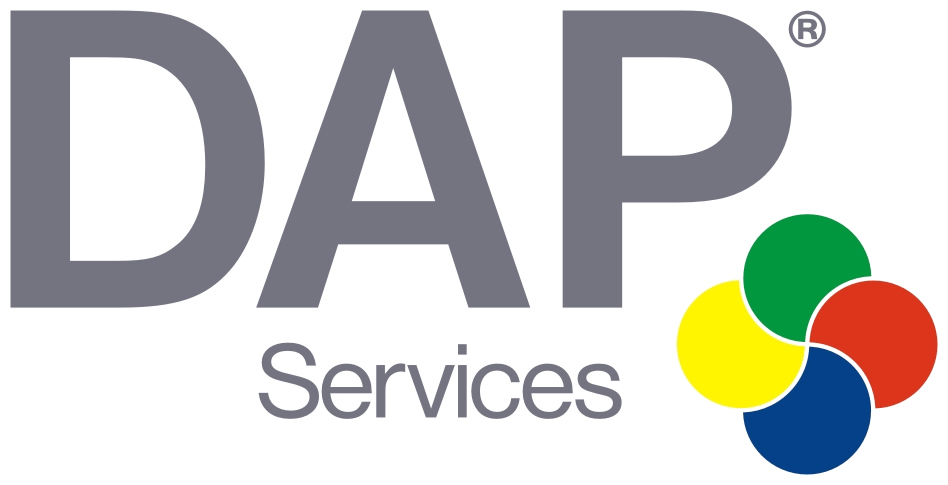Immigration from non-EU countries to the Member States is growing and opens a lot of uneasy questions and dilemmas. Especially for immigrants’ target countries like Germany, Sweden, France, Italy, U.K., Greece and Austria it is more and more difficult to integrate so many people from different cultural backgrounds and take care of the skills they bring on individual level. The European humanitarian response towards war refugees from Syria, Iraq, and Somalia etc. is juxtaposed with the more or less justified fears of local people, the growing attractiveness of simplified responses or the burden of immigration-related costs on public budgets.
On the EU level there are some initiatives like the Common Basic Principles for Immigrant Integration Policy but they seldom offer more than strategic frameworks, documents or overviews of good practice examples. Immigrant integration policies remain a competence of the EU Member States, and are implemented at the regional and local level. Almost everyone in Europe feels that an issue of “immigrants integration” needs a new approach on the strategic policymaking level as well as new and working programs, tools and practitioners at the front end.
Sweden, as one of the most generous countries for asylum seekers offers an example of both new attitudes and new programs for immigrants integration based on skills and competencies.
Integration of non-European immigrants must be based on adaptation of their ATTITUDES and development of their SKILLS needed to succeed in European culture of life and employment.
Softskillers concept was used here as one part of an integration process. Together with following hard skills training and Orientation program. Particular program involvement is based on diagnostics and evaluation of the integration potential of each person.
What are the aims they want to achieve? The structure of information people in Sweeden are now aware of? First they know about the disparity in attitudes of immigrants and mainstream society in the country. Officers know how tho do the evaluation of the risk of breaking the rules within selected groups. Finally, they can see the ability of adaptability in working rules, legal system, education and social system of each immigrants or a group.
With these information Sweden can stay one of the most generous countries for asylum seekers and integrate planned amount of people. This way let the society amalgamate with the newcomers more smoothly.

